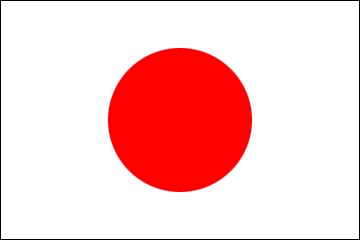第7回国連ビジネスと人権フォーラム 岡庭健大使ステートメント(平成30年11月26日)
平成30年11月27日
Statement by H.E. Ambassador Ken OKANIWA
The Permanent Mission of Japan
26 November 2018
Thank you, Mr. Chair,
It is my honor to have this opportunity to be part of the 7th Forum on Business and Human Rights where large numbers of stakeholders—including governments, businesses, and civil society representatives—have come together to discuss this important theme. We appreciate the support the UN Working Group and the OHCHR have extended to this Forum.
Japan is committed to the implementation of the UN Guiding Principles on Business and Human Rights. As part of our commitment to implementing the Guiding Principles, Japan has initiated its process to formulate a National Action Plan (NAP) on Business and Human Rights.
As we stated at last year’s Forum, the development of the NAP is a significant step for achieving the Sustainable Development Goals (SDGs). To emphasize its importance, the NAP formulation process was incorporated into the “Expanded SDGs Action Plan 2018,” which collates the major efforts and initiatives of relevant ministries and agencies to achieve the SDGs. It is also worth mentioning that the Cabinet-approved “Growth Strategy 2018” lists the NAP formulation process as an important measure that encourages Japanese companies to advance forward-thinking initiatives on respecting human rights in the context of business.
In the initial stage of the NAP formulation process, Japan undertook a baseline study to assess to what extent current legislation and policies provide for the protection of human rights in the course of business activities. Since March 2018, a total of ten (10) consultation meetings were held with multi-stakeholders including line ministries and agencies, the Japanese Trade Union Confederation, the Japan Federation of Bar Association, civil society, academia, and the Japan Business Federation that will share their experiences on promoting human rights due diligence at tomorrow’s session.
Bearing in mind ongoing discussions in business and human rights at international fora, the multi-stakeholder consultations covered various topics such as public procurement, human rights in international agreements, and supply chains. As discussed at last year’s Forum, the topic of access to remedy was also covered, with consideration given to the importance of how effectively it can be achieved. The topic of SMEs was another focus as SMEs generate approximately 70% of all employment in Japan.
By undertaking the baseline study, we have come to realize that this process has helped various stakeholders, including ministries and agencies, to deepen the understanding of this relatively new concept of “business and human rights.” We hope that this study will serve as a basis for the next step towards drafting the first-ever NAP on Business and Human Rights. We also believe that our initiatives for the Olympic and Paralympic Games Tokyo 2020 could have a positive impact on the advancement of this NAP development.
Let me conclude my speech by reaffirming our commitment to raising awareness of the importance of respecting human rights in the course of business activities. It is our aspiration that the development of the NAP will contribute to protecting and promoting human rights in business activities.
Thank you, Mr. Chair,
